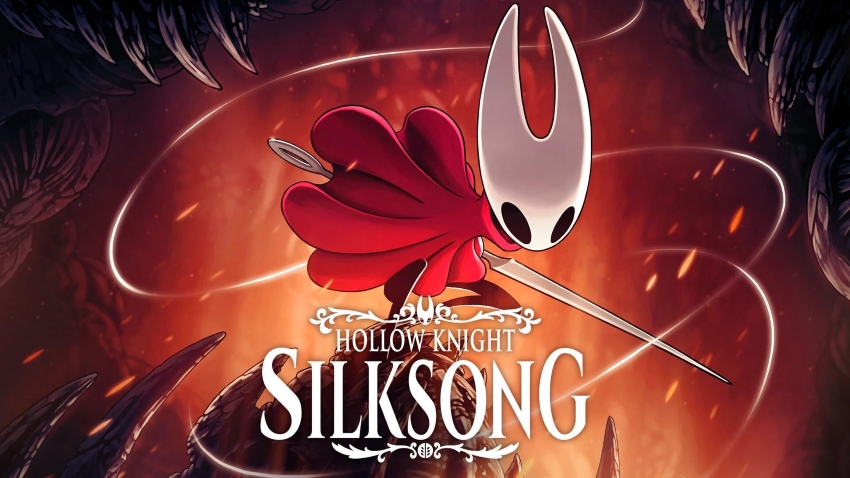Freddie Highmore opens August Rush claiming to hear music in everything around him ? a “fairy tale”, he calls it. Audiences might think he’s just a spacey twelve-year-old depressed about his situation as an orphan, but when he runs away to New York City in search of his parents, it becomes apparent that Evan Taylor truly is a musical prodigy.
It turns out that Evan is the result of a one-night-stand between two musicians: Lyla Novacek (Keri Russell), a classical cellist and ex-member of the New York Philharmonic, and Louis Connelly (Jonathan Rhys Meyers), an Irish rocker.
After their encounter, Louis and Lyla are forced apart, though cuts of their concerts pasted together seem to relay that the two were meant to make beautiful music together. Following separation, however, both become dispirited and give up their music.
Evan ended up in an orphanage due to Lyla’s father, Novacek’s (William Sadler) decision to send him to an orphanage while allowing his daughter to believe that his premature birth led to his death.
Despite knowing nothing about them, Evan is convinced that his parents are alive. He “follows the music” to New York City, where he is picked up by Robin Williams starring as a musical Fagin (a.k.a. ‘the Wizard’) who hones into Evan’s strange aptitude with the guitar.
The Wizard gives Evan the name August Rush and the boy’s musical genius is soon exploited. Only when he runs away are his talents truly tapped into.
Amazingly, despite his age, the family who find August send him straight to Juilliard so the prodigy’s gift can be refined. There he actually writes a Rhapsody in about a month and is given the opportunity to conduct the piece during New York’s Concert in the Park.
Still, August’s only hope is for his parents to find him.
Audiences soon find out that Lyla and Louis actually are drawn to New York (Lyla because she discovers her son is alive and Louis because, well, it adds dramatic tension) and, lo and behold, they reconnect with one another at the concert ? during August’s rhapsody, which the boy conducts himself.
The only fairy tale in this Oliver Twist-like tale is the fact that Lyla and Louis, despite having spent only a night together and living in different cities, feel a connection to one another and their son, even though he supposedly doesn’t exist.
Even upon reunion, the two silently take hands as they watch their son and the audience is left with an undeniably warm and fuzzy feeling with the assurance that they can start a family. Yet I have to examine the possibility of this scenario: it may turn out that Louis and Lyla can’t stand one another. They did only spend one evening together.
Despite the fluffy impossibility of this film, it’s still a heart-warming movie–a fully equipped tear-jerker, relaying the world’s connection to music. A viewer cannot help but sympathize with Highmore’s hangdog attitude and innocence in the film. I admit I found myself cheering aloud during his race to make his own performance.
August Rush was framed by a moving score by renowned composer Hans Zimmer. Director Kristen Sheridan managed to insert the possibility of music in everyday things such as cabs and underground subways.
So, even though August Rush was extremely reminiscent of the mystical movie genre, alongside disappointments such as The Legend of Bagger Vance, the film was still enjoyable overall, as long as a viewer can overlook the often ridiculous themes and plots. Highmore fit his enchanting role well and his onscreen parents gave a romantic plot for the older crowd.
August Rush is currently playing at any local theater and is appropriate for all ages. For showtimes, visit Fandango.






